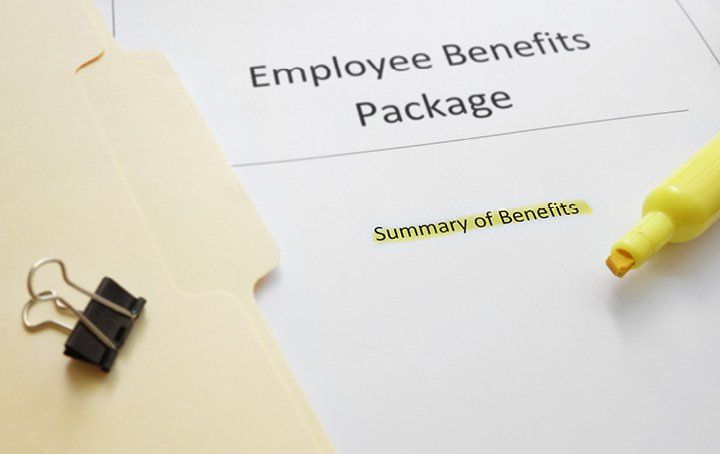As a director of a small business , you need to ensure you are aware of what is expected of you – your duties and obligations – in your role as a director. The Australian Securities and Investments Commission (ASIC) has issued a guide that provides an overview of the responsibilities involved in being a director of a small business, and sets out the regulator's expectations of people who take on this role.
Small business owners
need to understand what being a director of a small business company entails. To help small businesses, the Australian Securities and Investments Commission (ASIC) has developed a guide setting out the role and responsibilities of company directors. The guide is particularly useful for small businesses seeking to change from a sole trader to a company business structure.

The guide, entitled ASIC's guide for small business directors , provides an overview of directors' duties under the Corporations Act 2001 and covers the following topics:
- what it means to be a company director;
- how to become a company director;
- directors' key responsibilities;
- directors' liabilities when things go wrong; and
- how to resign as a director.
Key points from the guide
- A director of a company is a person who is responsible for managing the company's business activities. Even small companies must have at least one director. Larger companies may have many directors who collectively manage the business of the company. They are often referred to as a "board of directors".
- Shadow directors can still be liable for breaches of the laws relating to directors' duties, even though they were never formally appointed as a director of the company . Under some circumstances even if you are not formally appointed as a director, you may still be subject to the same duties and liabilities as a director. If you act as a director or give instructions to the appointed directors on how they should act, you may be considered a "shadow director".
- As a director, you are responsible for the management of the affairs of the company. You must comply with your legal obligations as a director under the Corporations Act 2001. This is the case even if you appoint an agent to look after your company's affairs.
- Under some circumstances, directors who breach the law can become personally liable for the company's debts and/or be the subject of other regulatory action taken against them. Once a company is registered, its separate legal status, property, rights and liabilities continue until ASIC deregisters the company. Your obligations as a director may continue even after the company has ceased trading and has been deregistered. Under certain circumstances, as a director you may be personally liable for the company's debts and other losses.
- Before becoming a director, you should fully understand your role and legal obligations regarding the management of the company .If you are already a director, or are about to become a director, of a company that has employees, you should immediately find out if the company has any pay as you go (PAYG) withholding or superannuation guarantee charge (SGC) amounts owing to the ATO. If the company fails to meet a PAYG withholding requirement or an SGC liability by the due date, under the ATO's director penalty regime you may become personally liable for a penalty equal to the unpaid amount.
ASIC's guide for small business directors is available online at ASIC's Guide for Small Business.
Need to know more?
If you would like to know more, please don't hesitate to contact Robert Goodman Accountants on 07 3289 1700.
© Copyright 2017. All rights reserved.
Brought to you by: Robert Goodman Accountants















